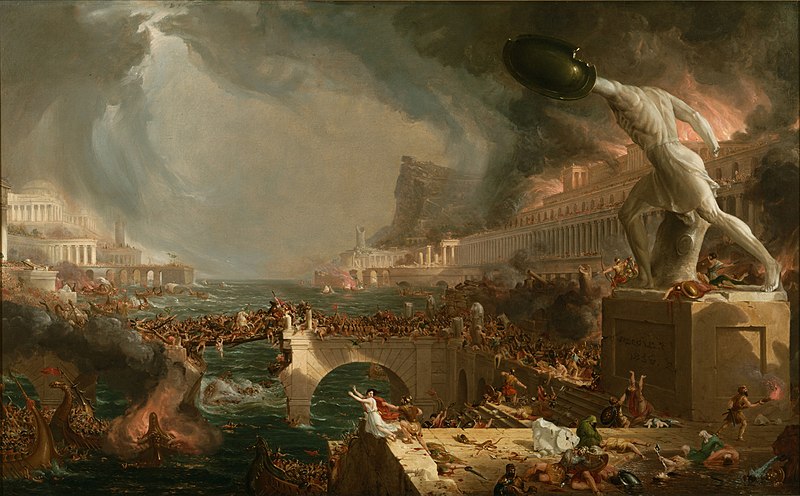
Atomic theory has a long, rich life in human history. The Presocratic atomists developed a metaphysical theory to explain the idea of change, which was in contrast to Parmenides’ idea of constant Being. This theory eventually led to the modern scientific application of nuclear energy and nuclear warfare.
The dynamic duo of atomism was Leucippus and Democritus. Leucippus, who was from Miletus, was the founder of the atomist school.1 He started in the school of Parmenides, being a disciple of Zeno of Elea. Democritus, who came a little later, was a pupil of Leucippus. As such, of the corpus of work left behind by these two men, it is difficult to know which man wrote what.
The atomic theory stands as their monumental contribution to philosophy and science, stating that all matter consists of infinite, indivisible, eternal, unchangeable, and imperceptible entities.2 The only thing that changes is their position in space.
The question is how did we get from the Atomists’ simple but profound theories to the nuclear technology we have today that can potentially give us an infinite energy supply…or obliterate the world?
Continue reading “52. From Democritus to Einstein – Atomists Discover the Secrets of the Universe”








